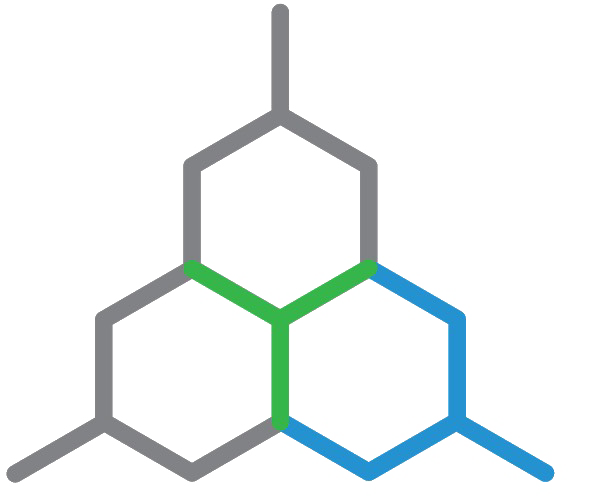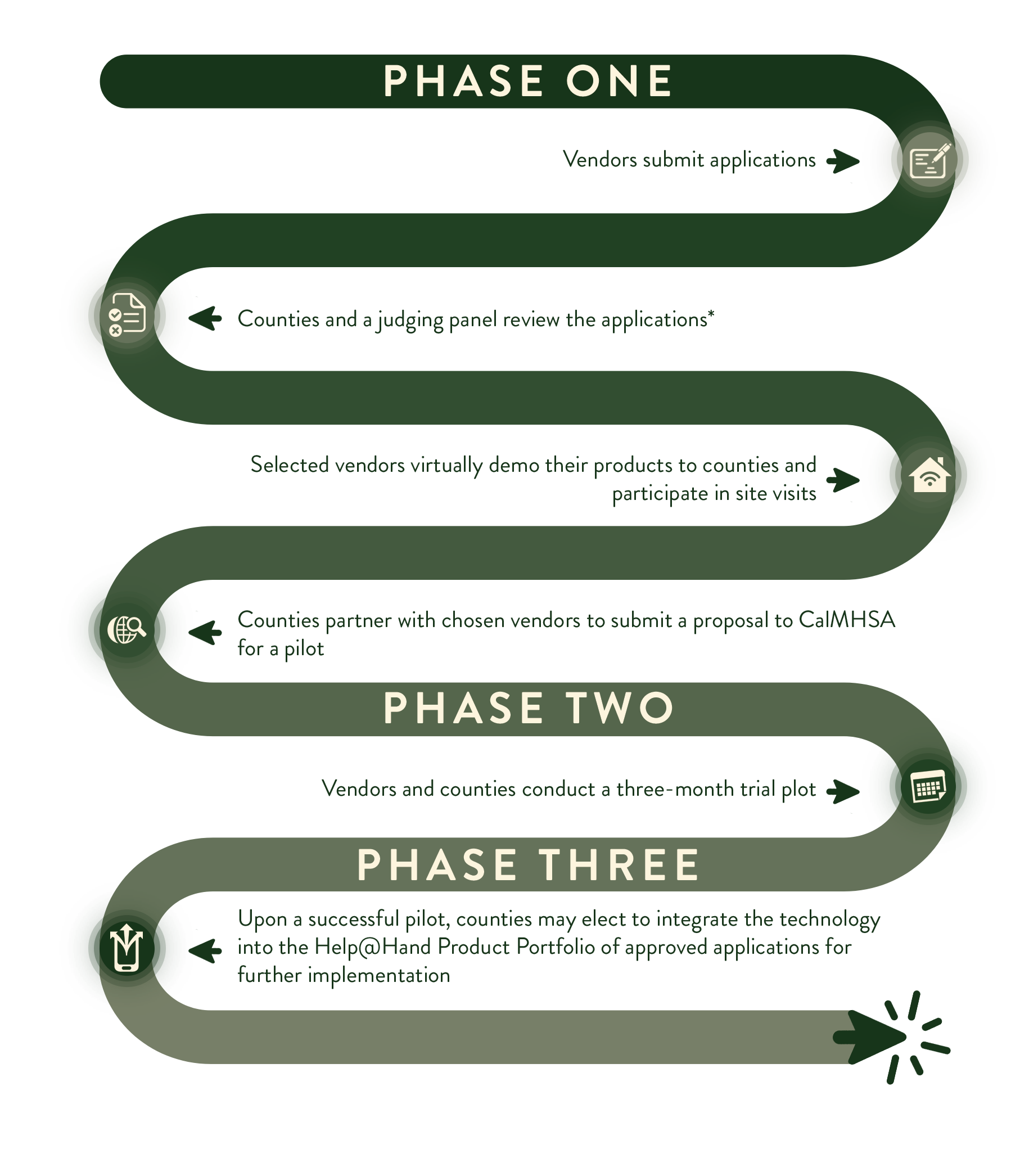GuideWell, in collaboration with Catalyst @ Health 2.0, is excited to announce the finalists of the Caring for Caregivers Challenge! GuideWell sought organizations with programs, platforms, technology systems or services that enable family caregivers to provide in-home care of adult family members and improve the quality of life for both caregivers and care recipients.
$50,000 was awarded to the Caring for Caregivers Challenge finalists:
Carallel, LLC (Lake Forest, Ill.): Through the use of a digital platform, Carallel provides tools and personal guidance to help caregivers manage their caregiving responsibilities in one place. “MyCareDesk” is a fully-integrated support system that assists caregivers with planning and coordinating tasks and accessing resources across a range of topics including senior living, in-home care, health, wealth and lifestyle.
Embodied Labs (Los Angeles): Using a virtual reality (VR) training platform designed for family caregivers, care partners or anyone providing support to care recipients, Embodied Labs simulates what it is like to live with certain health conditions. The immersive technology provides a unique learning experience that allows caregivers to experience life from the perspective of someone in need of caregiving.
LifePod Solutions, Inc (Boston): LifePod is a proactive voice caregiving service that monitors and supports older adults in their homes and provides real-time alerts, daily reports and peace of mind to caregivers. Through the use of a smart speaker, LifePod can be set up and controlled by a remote caregiver using an intuitive, online portal to configure and schedule check-ins, reminders and virtual companionship.
TCARE, Inc (St. Louis): The evidence-based IT software system is designed to delay nursing home placement, reduce caregiver burnout and help family caregivers keep their loved ones at home longer. Through a cloud-based management system, TCare provides care planning tools, assessments, community resource links and decision-making software to support informal caregivers and help reduce caregiving stress.
These amazing teams successfully completed the competition’s “testing phase” and will now proceed to the three month “validation phase” where they will work with GuideWell to conduct external market testing or validation of their approaches. Participants that successfully demonstrate the capability to scale their solution with a large population of caregivers will be awarded an additional $50,000 and up to two finalists may have the opportunity to pilot their solution with GuideWell.
Congratulations to the GuideWell Caring for Caregivers Challenge finalists and best of luck as you continue with the competition!









